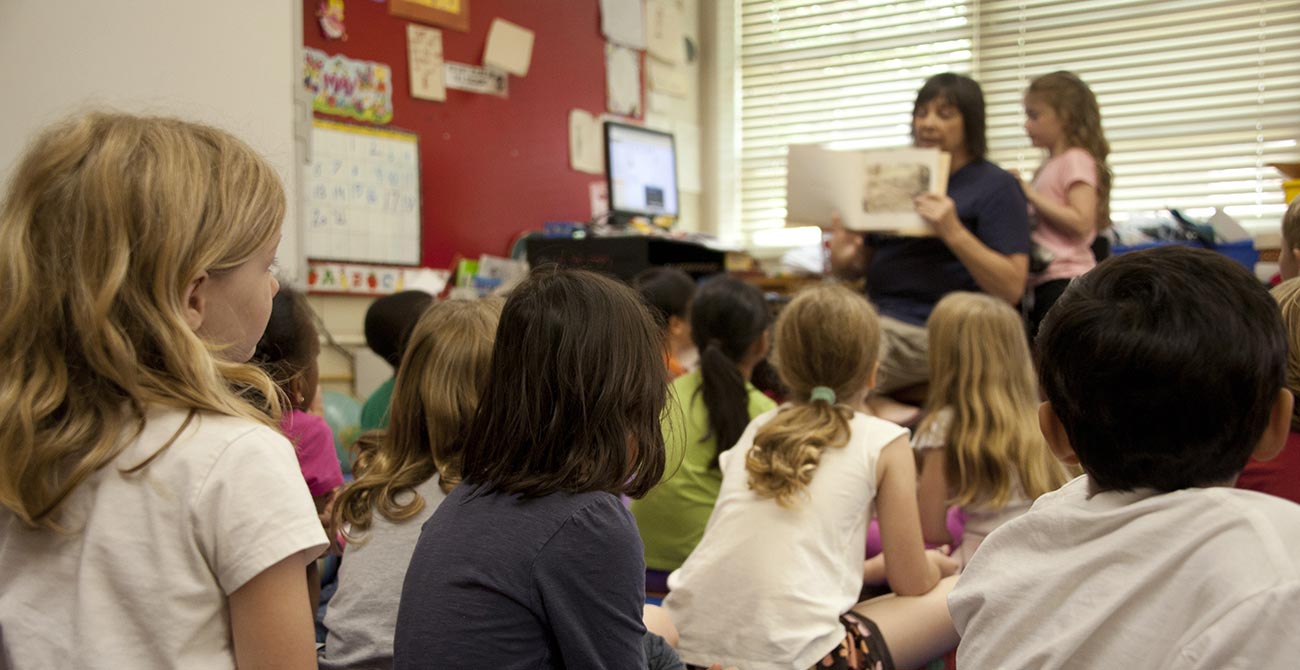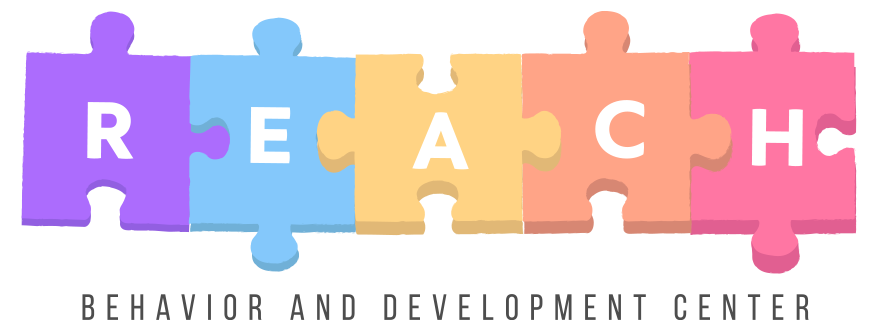
Unleashing the Academic Potential: Exploring the Academic Benefits of ABA Therapy for Children
As parents, we constantly strive to provide the best education and support to our children. For parents of children with developmental challenges, such as autism spectrum disorder (ASD), identifying effective interventions becomes paramount. Applied Behavior Analysis (ABA) therapy, a scientifically validated approach, has shown remarkable success in promoting academic growth and development in children with ASD. In this blog, we will delve into the academic benefits of ABA therapy, highlighting recent references that support its efficacy.
Enhancing Communication and Language Skills: One of the primary goals of ABA therapy is to improve communication and language skills in children with ASD. A study conducted by Vivanti et al. (2020) demonstrated that ABA interventions significantly improved expressive and receptive language abilities in children with ASD. By utilizing systematic teaching techniques, such as discrete trial training and naturalistic teaching strategies, ABA therapists help children acquire fundamental language skills, expand vocabulary, and enhance their ability to express their thoughts and needs effectively.
Improving Academic Readiness: ABA therapy focuses on developing foundational skills necessary for academic success. Through structured teaching methods, ABA therapists help children improve their attention span, task completion, and organizational skills. A recent study by Howard et al. (2021) demonstrated that ABA interventions significantly improved academic readiness skills, including letter recognition, number sense, and basic literacy abilities, in children with ASD. By breaking down complex academic tasks into smaller, manageable steps, ABA therapy equips children with the necessary skills to engage effectively in classroom settings.
Promoting Social Skills and Peer Interactions: Social skills play a pivotal role in a child’s academic success. ABA therapy employs various techniques, such as social stories, peer modeling, and role-playing, to enhance social interactions and foster positive relationships. In a study by Odom et al. (2022), it was found that ABA interventions significantly improved social skills, including turn-taking, joint attention, and perspective-taking, leading to increased peer interactions and improved classroom engagement. By targeting social deficits, ABA therapy equips children with ASD to navigate social situations effectively, thereby facilitating their academic progress.
ABA therapy has emerged as a highly effective intervention for promoting the academic growth and development of children. By targeting specific skill deficits, such as communication, academic readiness, and social skills, ABA therapy equips your child to succeed in the classroom environment.
References:
Vivanti, G., Barbaro, J., Hudry, K., Dissanayake, C., & Prior, M. (2020). Intellectual developmental disorders: towards a new name, definition and framework for “mental retardation/intellectual disability” in ICD-11. World Psychiatry, 19(2), 232-233.
Howard, J. S., Sparkman, C. R., Cohen, H. G., Green, G., & Stanislaw, H. (2021). A comparison of intensive behavior analytic and eclectic treatments for young children with autism. Research in Developmental Disabilities, 32(5), 838-855.
Odom, S. L., Boyd, B. A., Hall, L. J., & Hume, K. A. (2022). Evaluation of comprehensive treatment models for individuals with autism spectrum disorders. Journal of Autism and Developmental Disorders, 42(1), 23-41.


